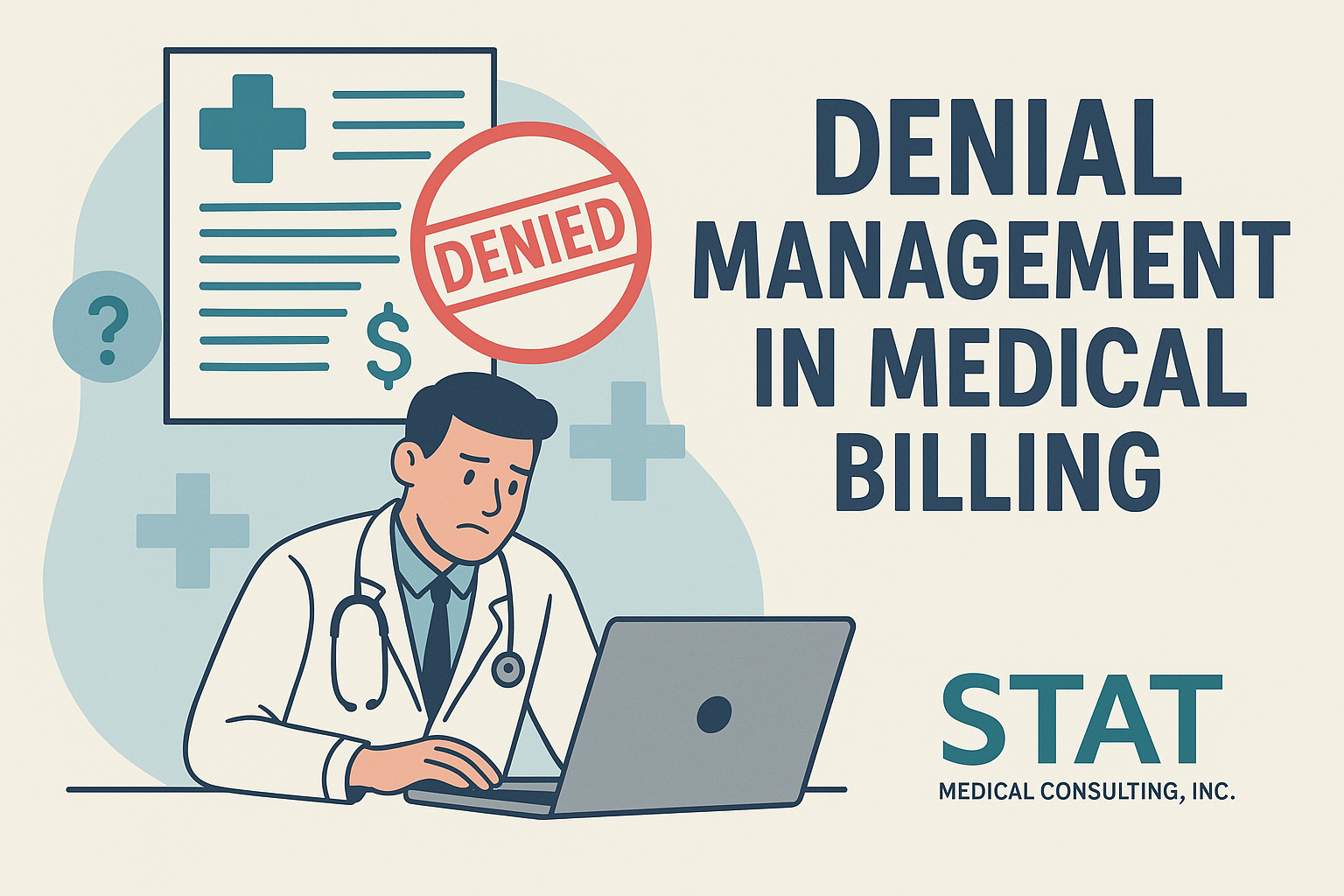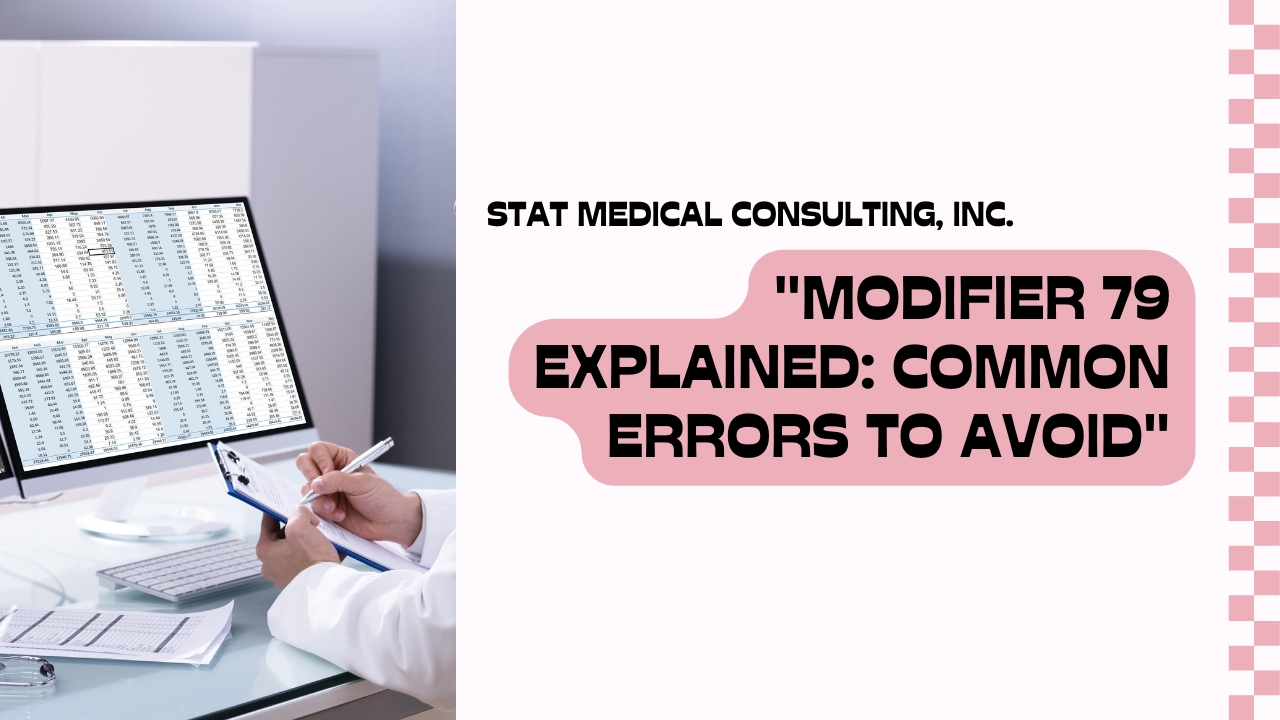Learn Your ABC’s
Navigating the Comic Chaos of Medical Billing
It is probably not very politically correct to blame the patient for our lot in life, but when it comes to insurance billing and getting paid, some responsibility has to be put back on the patient. We eat the same as a pediatrician and are used to diagnosing problems where the only thing the patient can do is err. How many times do you experience a patient who cannot tell you what is bothering them, and you have to figure out a diagnosis by the process of elimination? We in my billing world share the same experience because patients cannot tell us who they are insured with. If you ask a patient to complete a new patient registration form, you will see the name of the payer. This may not necessarily be who a) processes or adjudicates claims, b) who we providers have to bill, or c) who authorizes the care. Sometimes these can be three separate entities. If I had a dollar for every patient who was confused by their insurance coverage, well, maybe I would be rich.
Recently, two family members contacted me because they are both approaching 65 and needed to go on Medicare. They both expressed to me that they didn’t understand "any of it." These are college-educated sorts, albeit not healthcare professionals. They asked me which supplemental insurer is better. When I said, “You get what you pay for,” they didn’t seem too impressed with that response. One opted for an HMO because they said a) it was cheaper, b) they wouldn’t have to change doctors, and c) they got more free stuff. When I explained to him how the HMO works, and what the benefits and limitations were for them as patients or consumers, I got a blank stare. The other said he didn’t like the fact that the government was going to take money from his social security check to pay for the premiums and felt that wasn’t fair. Where did Americans get the impression that health coverage was free? You would think with all the election hype about healthcare reform it might have sunk in. My cousins, not at all a reflection of me, didn’t understand the difference between Medicare Part A, B, C, or D. I tried to explain it as this: Hospital, Doctors, and Prescriptions – (Ok, even I am confused by Part C – I told them Part C stood for California. They bought it. After all, I am the expert!) Not only was the government going to take his hard-earned money, but he was also going to have to pay an in-patient hospitalization deductible annually – the nerve – and still pay for prescription drugs and/or Part D coverage, and additional premiums for supplemental coverage. It seemed especially confusing to him that doctors are paid separately from hospitals. We take these facts, known to us all, as obvious. But I guess they are not. I cannot tell you how many times a patient calls my office because they got a bill and it was applied to their annual deductible, and they asked, “what is that”? It occurred to me that people (at one point or another becoming a patient) have to understand their own health insurance. It does not work that much differently than their car insurance. Your car insurance won't pay for annual maintenance or a “Check-up,” and most health insurances don't either. Medicare does not pay for any preventative care. Over the last few years, with incredible pressure from the AMA, they have added a few things like Mammography screening, Prostate screening, and Colon cancer screening. But for the most part, you have to have something wrong with you for Medicare to pay. One patient told me he didn’t have to pay more than a dollar because it read COINS on his Explanation of Benefits. If there are any insurance agents out there, please educate your customers to a) understand who they are insured with, b) how their insurance works, and c) how much this coverage costs, so that when we bill them for co-insurances (coins) and deductibles, they get it!











